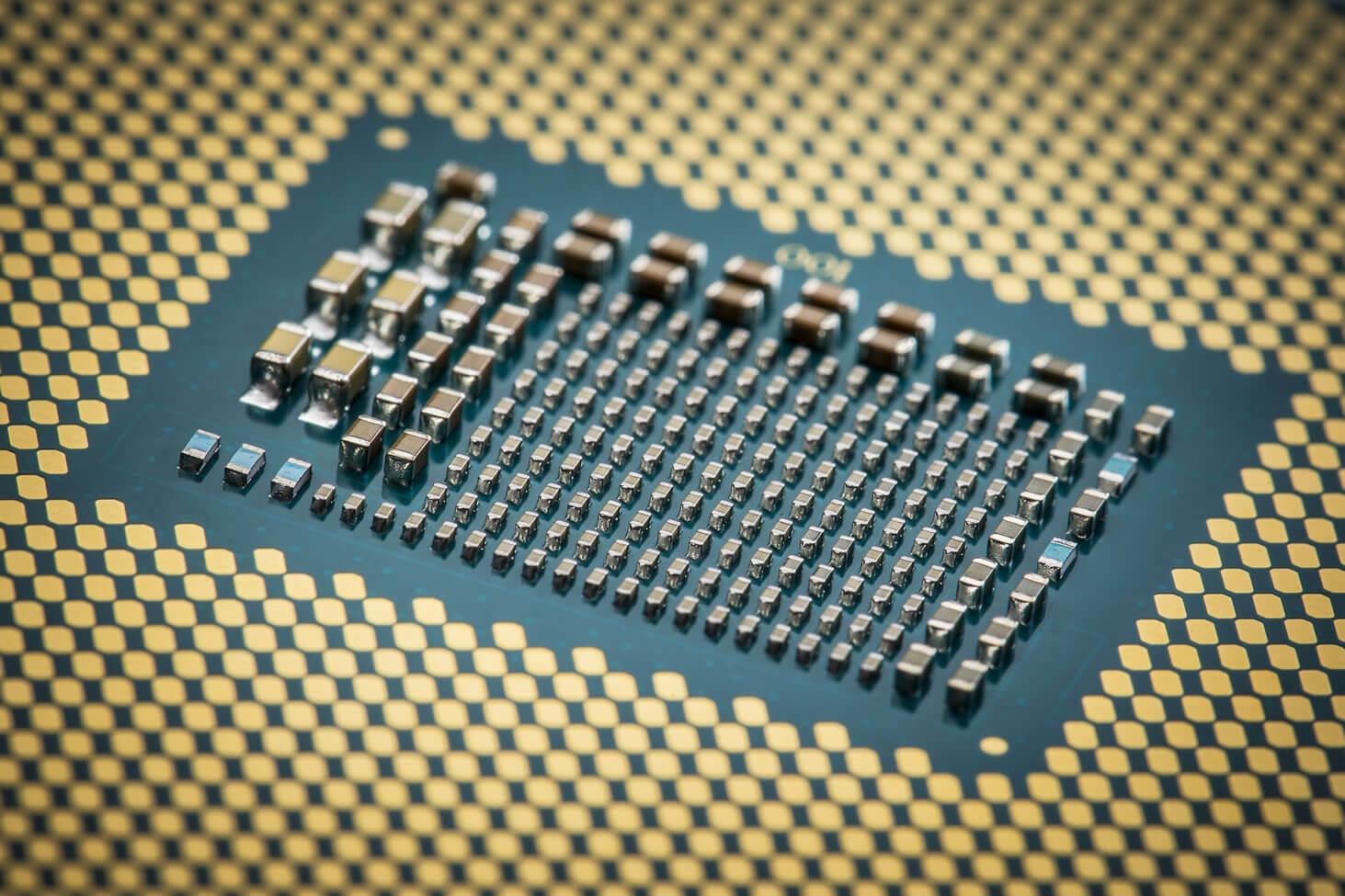
Antivirus and anti-malware software is a necessary evil for keeping machines secure against ever evolving cyber-threats out there. System resource usage has been a complaint among end users of security software for years. Intel announced today at RSA 2018 they are improving threat detection capabilities that will allow for less overhead.
Using Accelerated Memory Scanning, Intel's integrated graphics solution will help find memory-based attacks faster and reduce the load on the main processing cores. In initial benchmarks run by Intel, CPU usage dropped from 20 percent down to as low as 2 percent.
Intel has partnered with Microsoft to help bring Accelerated Memory scanning into Windows Defender Advanced Threat Protection, the business suite of security tools available for Windows 10. The new Intel technology additions are available now.
In addition to working with Microsoft, Intel is also working with Cisco on handling telemetry data. Using machine learning algorithms to monitor all incoming and outgoing data can help reduce the number of false positives detected. Cisco will be integrating Intel Advanced Platform Telemetry into is own Tetration platform.
Intel is launching its own set of tools to verify integrity of hardware. Branded as Intel Security Essentials, the new software allows for Intel Core, Xeon, and Atom processors to be positively identified so that secure boot, cryptography, and secure execution enclaves are operating as intended. The program is aimed at reducing the cost of deployment for third-party organizations that require high-security environments.
Going forward, there may be many more additions to Intel's security improvements that take advantage of the integrated graphics portion of their CPUs. Moreover, following a rough situation after Meltdown and Spectre flaws were detected earlier this year, Intel is making strides to regain users' trust and show they are serious about IT security at all levels.